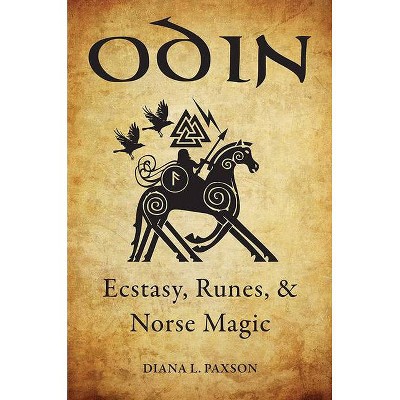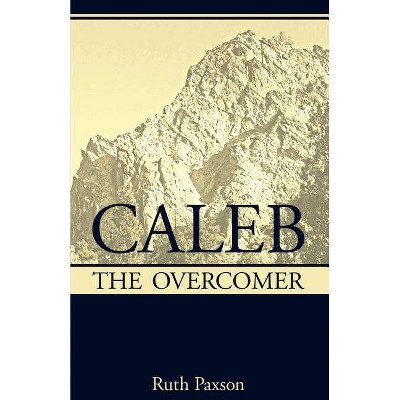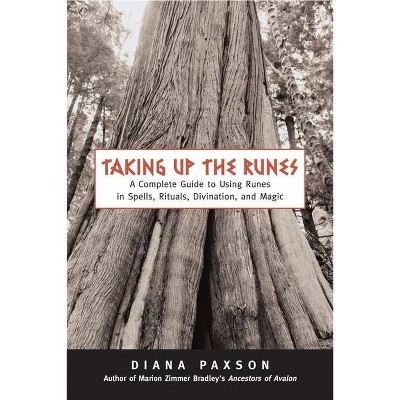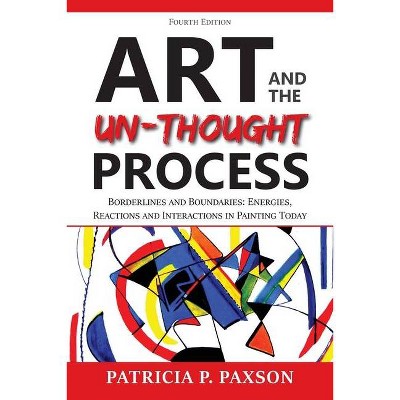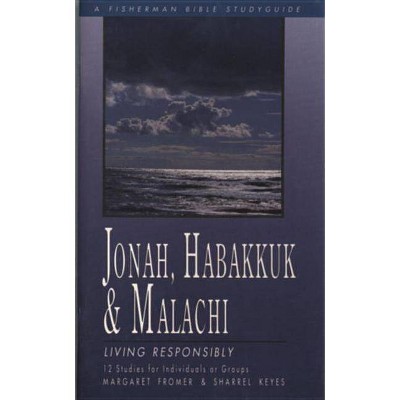Solovyovo - by Margaret Paxson (Paperback)
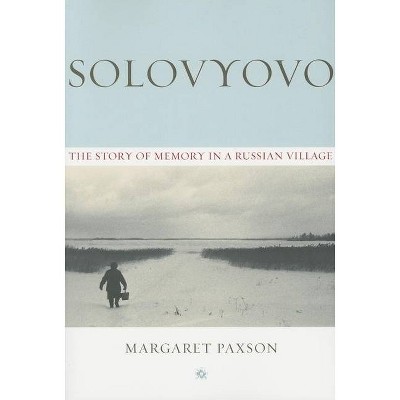
Similar Products
Products of same category from the store
AllProduct info
<p/><br></br><p><b> About the Book </b></p></br></br>The result is a compelling ethnography of a Russian village, the first of its kind in modern, North American anthropology.<p/><br></br><p><b> Book Synopsis </b></p></br></br><p>In a small village beside a reed-lined lake in the Russian north, a cluster of farmers has lived for centuries-in the time of tsars and feudal landlords; Bolsheviks and civil wars; collectivization and socialism; perestroika and open markets. Solovyovo is about the place and power of social memory. Based on extensive anthropological fieldwork in that single village, it shows how villagers configure, transmit, and enact social memory through narrative genres, religious practice, social organization, commemoration, and the symbolism of space. Margaret Paxson relates present-day beliefs, rituals, and practices to the remembered traditions articulated by her informants. She brings to life the everyday social and agricultural routines of the villagers as well as holiday observances, religious practices, cosmology, beliefs and practices surrounding health and illness, the melding of Orthodox and communist traditions and their post-Soviet evolution, and the role of the yearly calendar in regulating village lives. The result is a compelling ethnography of a Russian village, the first of its kind in modern, North American anthropology.</p><p/><br></br><p><b> Review Quotes </b></p></br></br><br><p>. . . a remarkable achievement. . . . the best ethnographic study of Russian country people available today.</p>--Caroline Humphrey "TLS"<br><br><p>The book, based on in-depth participant-observation and interviews in the mid-1990s, presents in arresting imagery the everyday life of a northwestern Russian village the author calls Solovyovo. It paints the kind of memorable tableaux that one might expect from a talented novelist, and in this sense it indeed weaves a kind of story . . . . Engaged readers. . . will find a great deal of value and subtlety in Paxson's story.Vol. 36.3 August 2009</p>--Jennifer Patico "Georgia State University"<br><br><p>While Paxson's book explains the memory of landscape of Russian peasants, and by extension Russian culture more generally, I recommend it to anyone interested in human beings and who like to read good books.April 2009</p>-- "Slavonic and East European Review"<br><br><p>Woodrow Wilson Center Press has published a new book, <i>Solovyovo</i>: The Story of Memory in a Russian Village by Margaret Paxson, senior associate of the Wilson Center's Kennan Institute. It is copublished with Indiana University Press. <i>Solovyovo</i> is a small village beside a reed-lined lake in the Russian north, where a cluster of farmers has lived for centuries---in the time of tsars and feudal landlords; Bolsheviks and civil wars; collectivization and socialism; perestroika and open markets. Based on extensive anthropological fieldwork in that single village, this volume shows how villagers configure, transmit, and enact social memory through narrative genres, religious practice, social organization, commemoration, and the symbolism of space. Margaret Paxson relates present-day beliefs, rituals, and practices to the remembered traditions articulated by her informants. She brings to life the everyday social and agricultural routines of the villagers as well as holiday observances, religious practices, cosmology, beliefs and practices surrounding health and illness, the melding of Orthodox and communist traditions and their post-Soviet evolution, and the role of the yearly calendar in regulating village lives. The result is a compelling ethnography of a Russian village, the first of its kind in modern, North American anthropology. Paxson makes a huge contribution to our knowledge of the Russian village, an ancient human institution whose uniqueness has survived wars and revolutions for centuries. One's sense of Russia will never be quite the same after reading her book, said Robert G. Kaiser, author of Russia: The People and the Power, and Why Gorbachev Happened. Through intensive, careful ethnographic conversations and participant observation over several years, Margaret Paxson has uncovered a stunning cosmology that frames both ritual and everyday practices in a contemporary Russian village.Scholars and students of Russian folklore, literature, culture, and sociology will find great value in this groundbreaking and beautifully written work, wrote Nancy Ries of Colgate University. Margaret Paxson is senior associate at the Kennan Institute of the Woodrow Wilson International Center for Scholars. She has published articles in The Washington Post Sunday Magazine and the Wilson Quarterly. The author is available for interviews; please contact Sharon McCarter at 202-691-4016 or sharon.mccarter@wilsoncenter.org.</p>-- "WILSON QUARTERLY"<br><p/><br></br><p><b> About the Author </b></p></br></br><p>Margaret Paxson is Senior Associate at the Kennan Institute of the Woodrow Wilson International Center for Scholars. She has published articles in the Washington Post Sunday Magazine and the Wilson Quarterly.</p>
Price History
Price Archive shows prices from various stores, lets you see history and find the cheapest. There is no actual sale on the website. For all support, inquiry and suggestion messages communication@pricearchive.us
